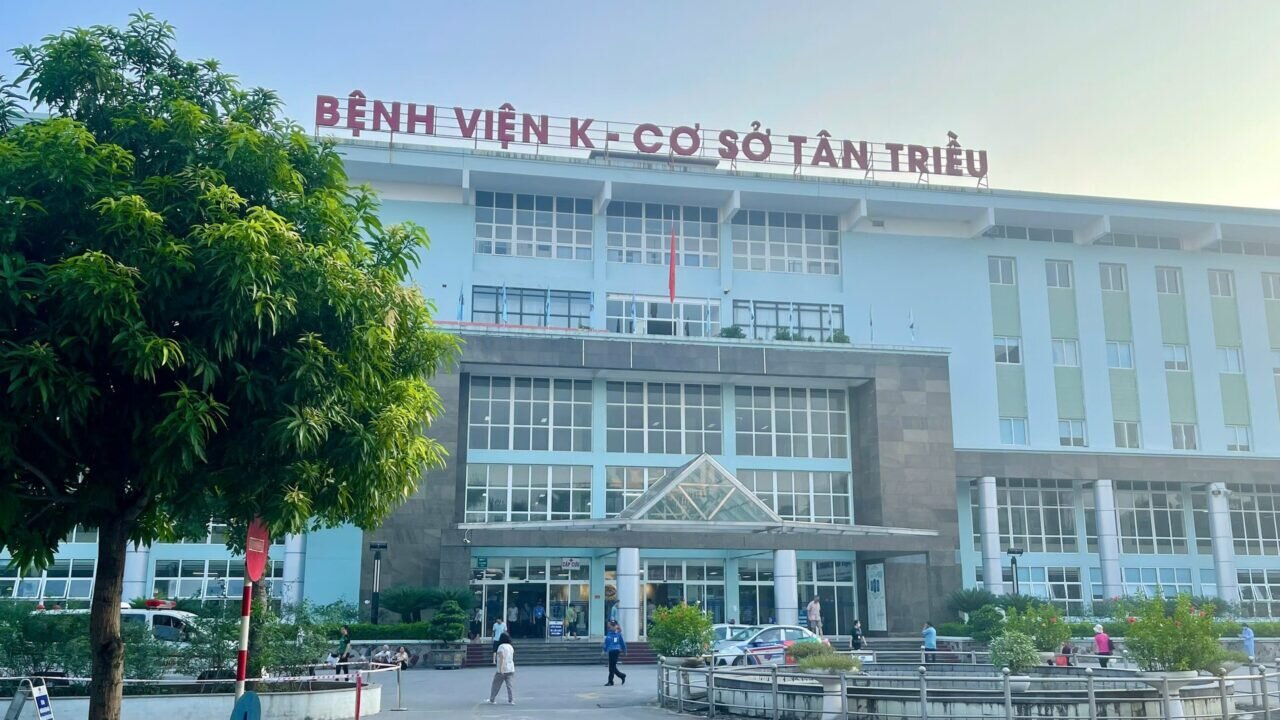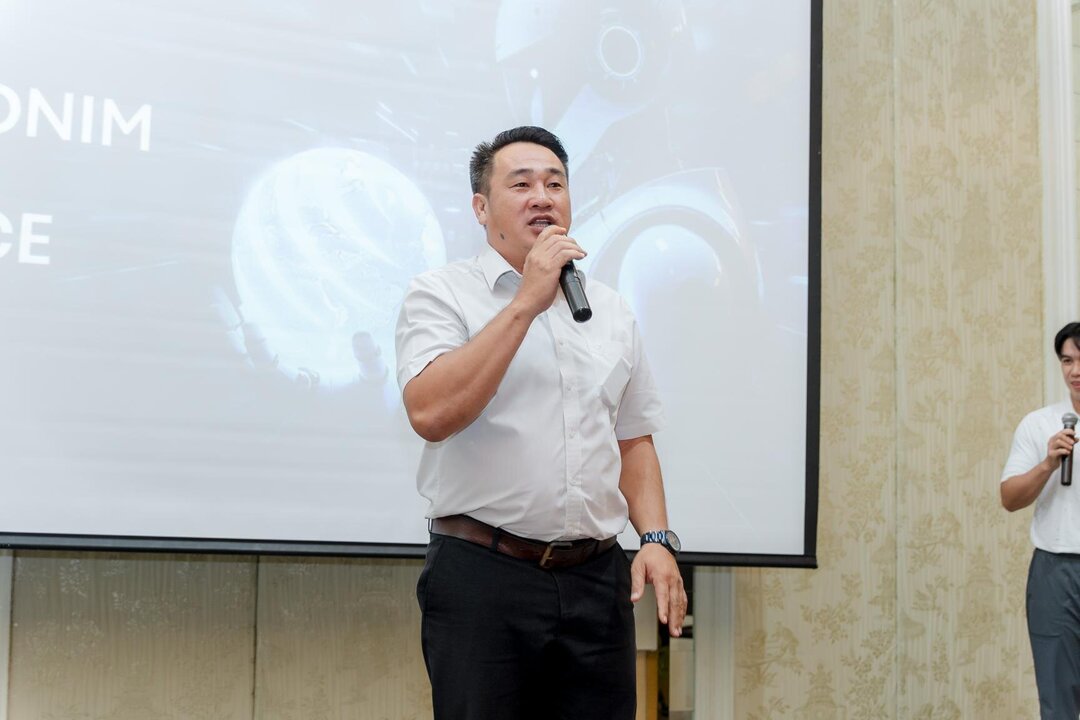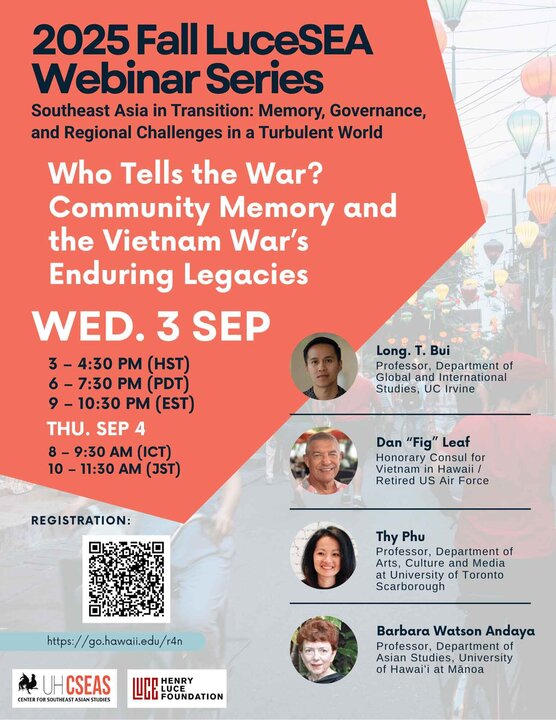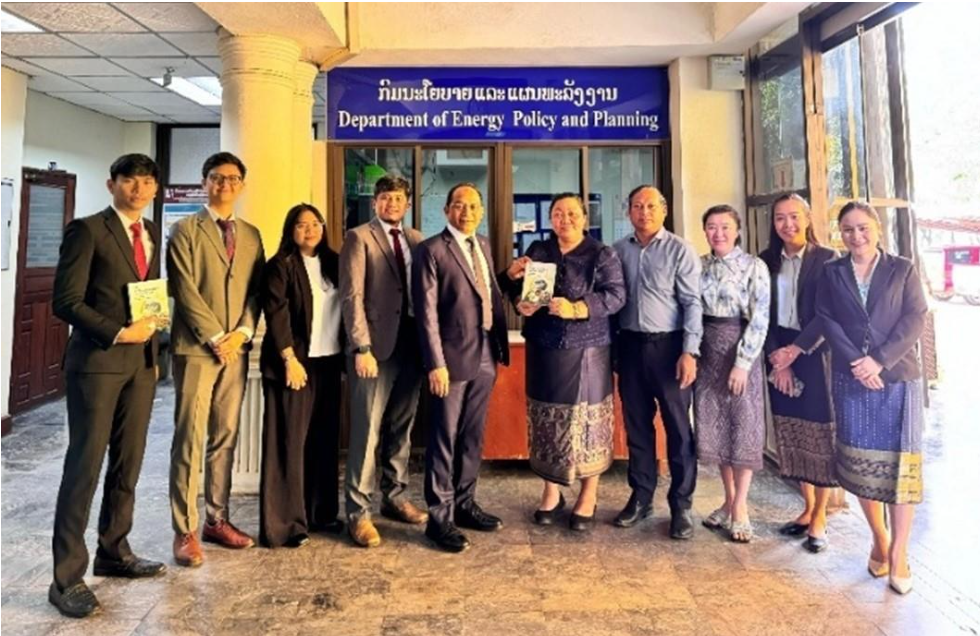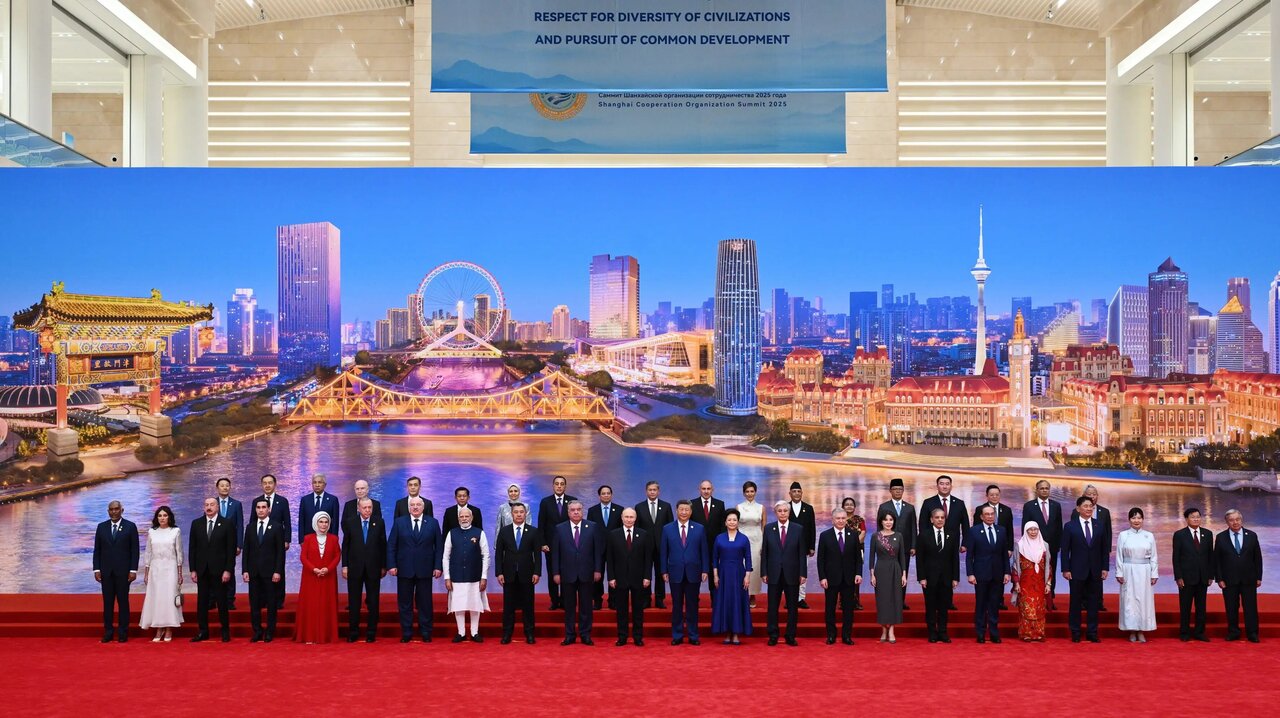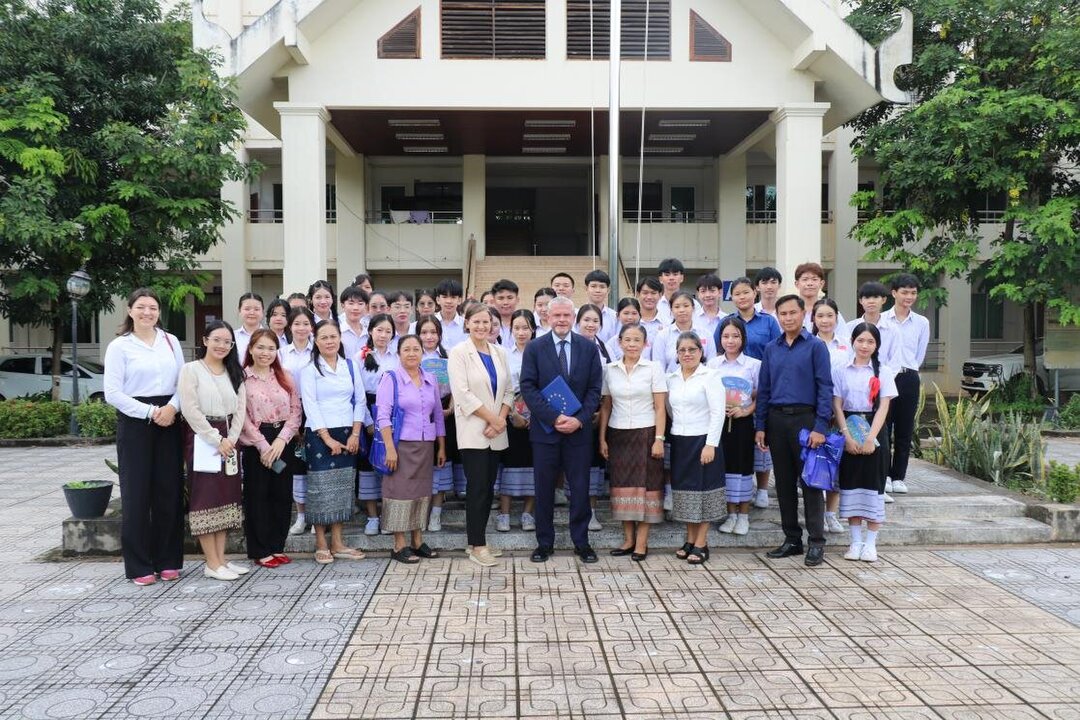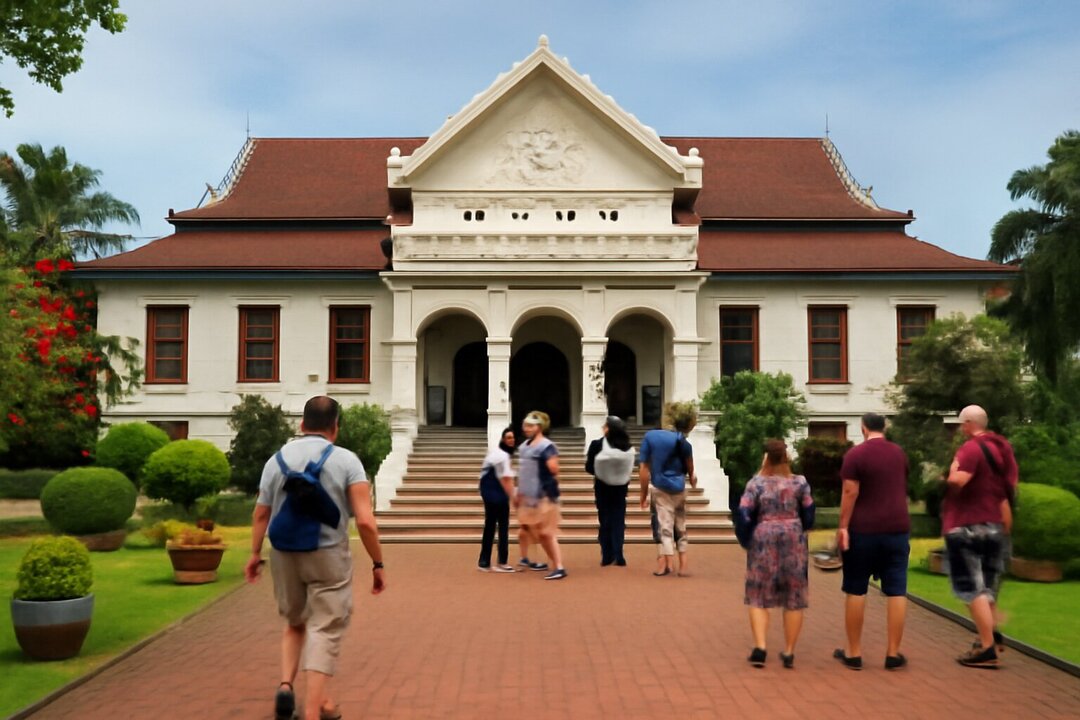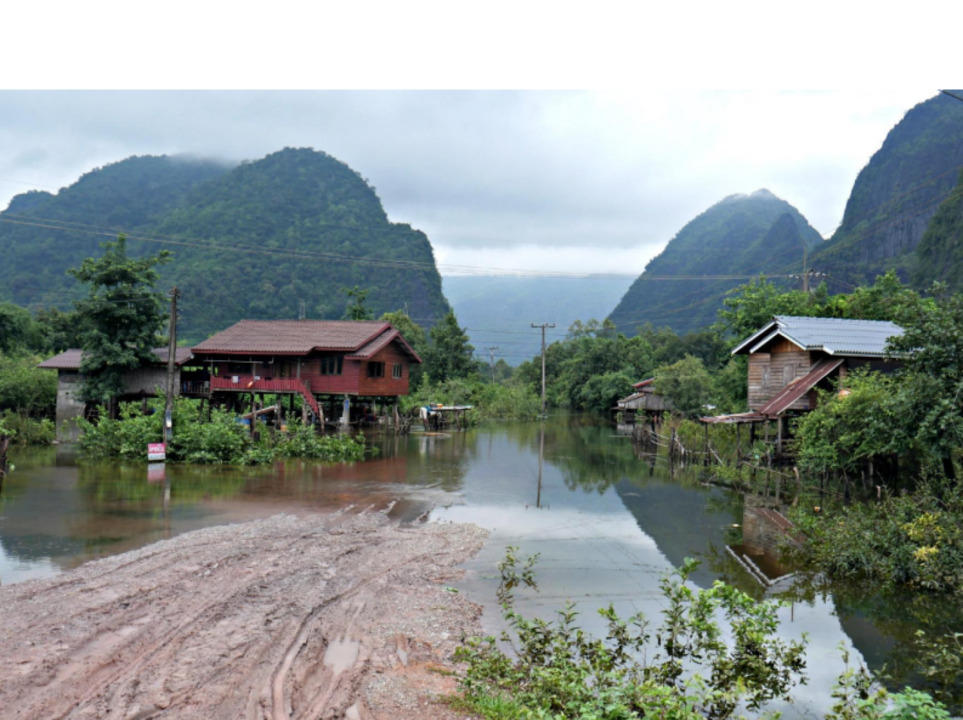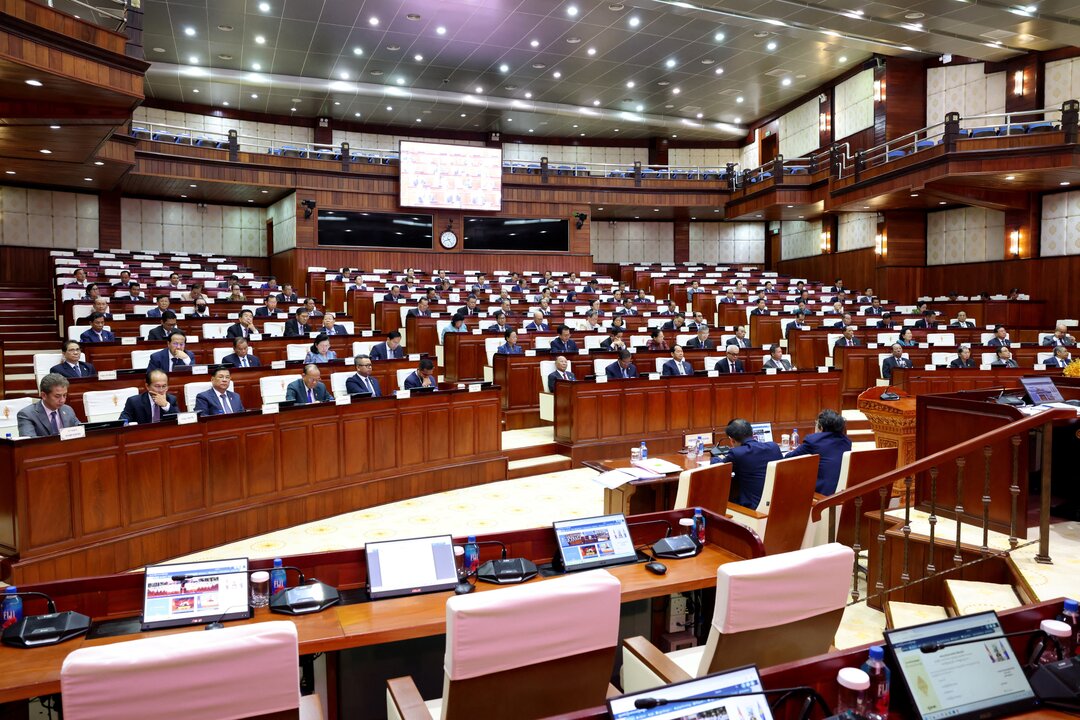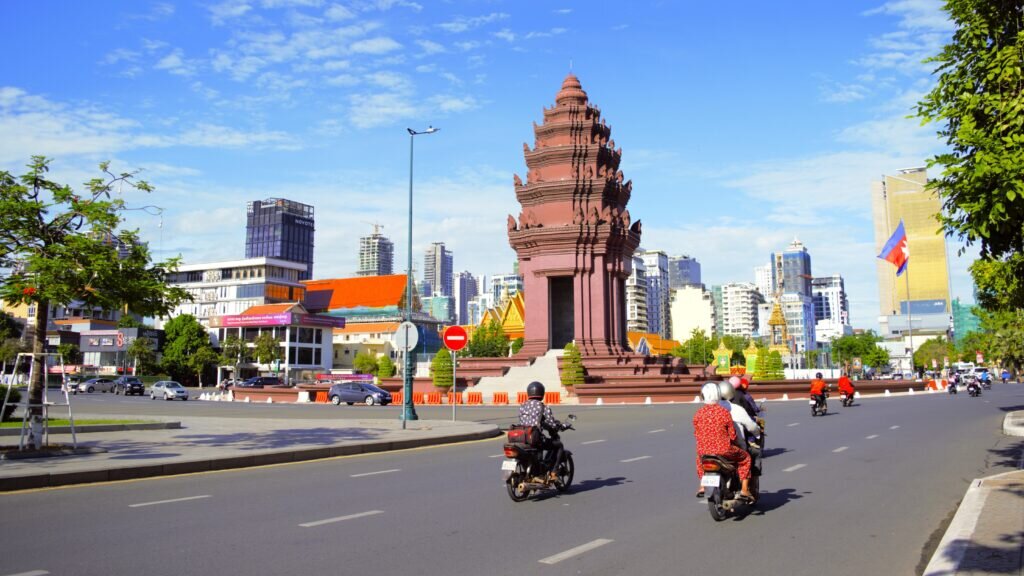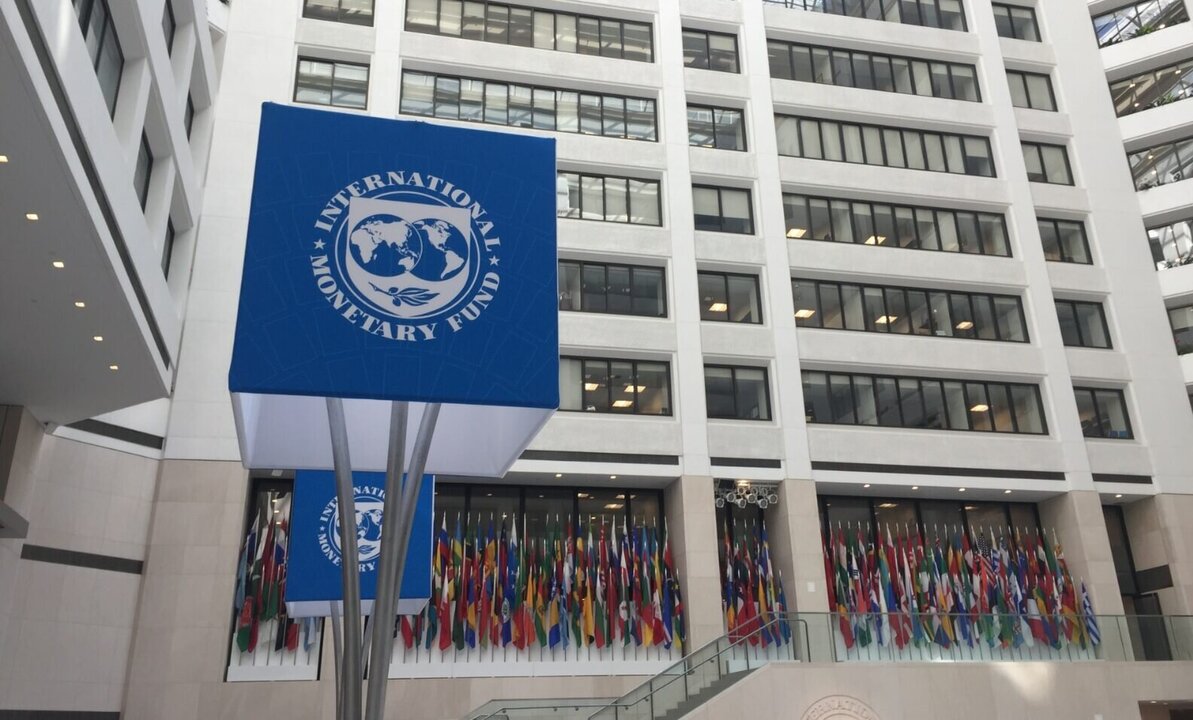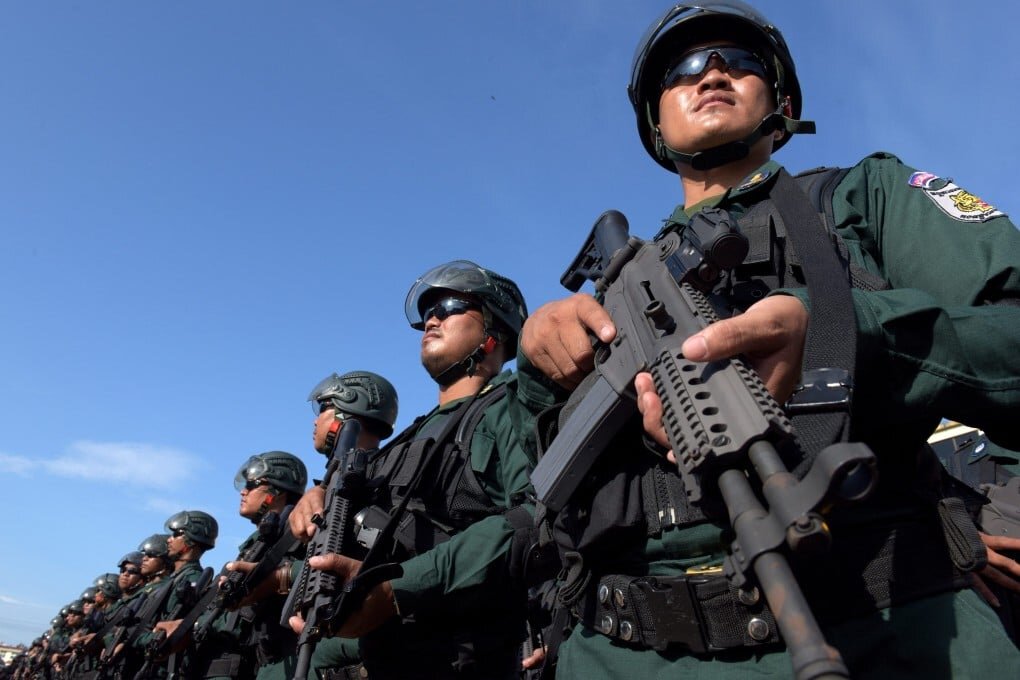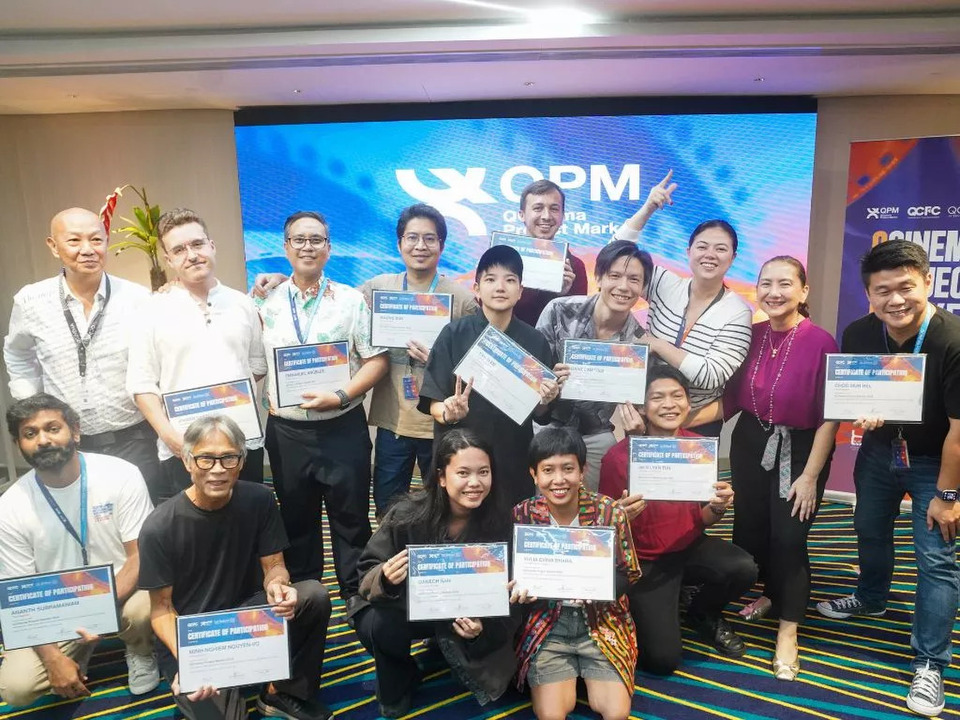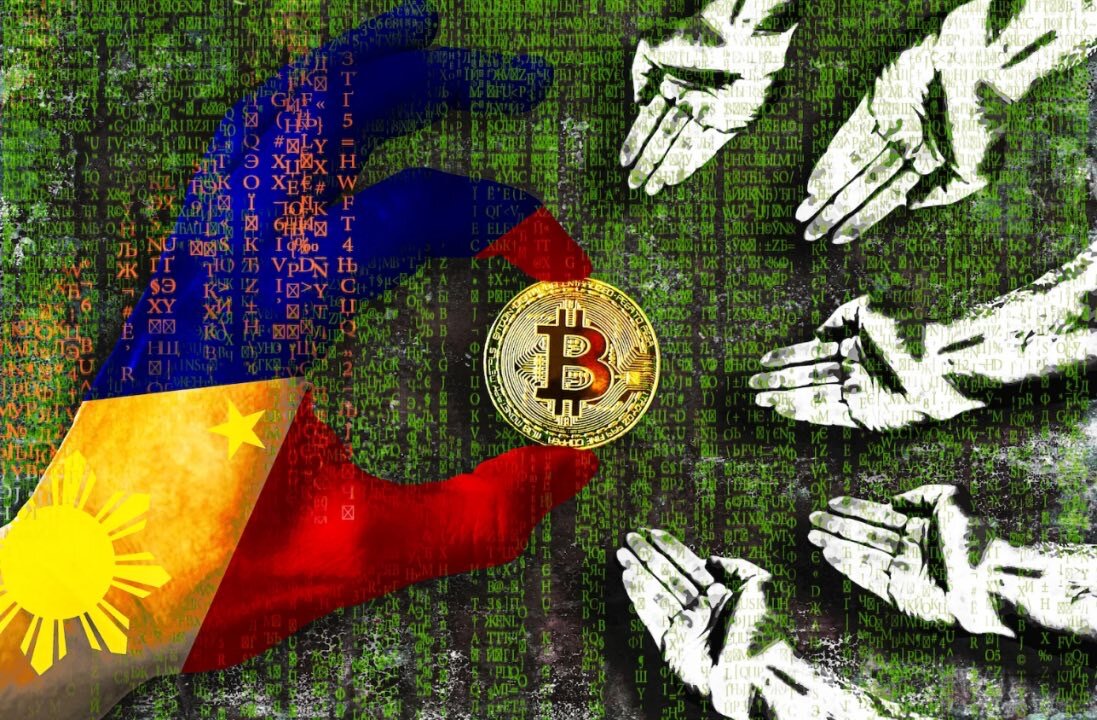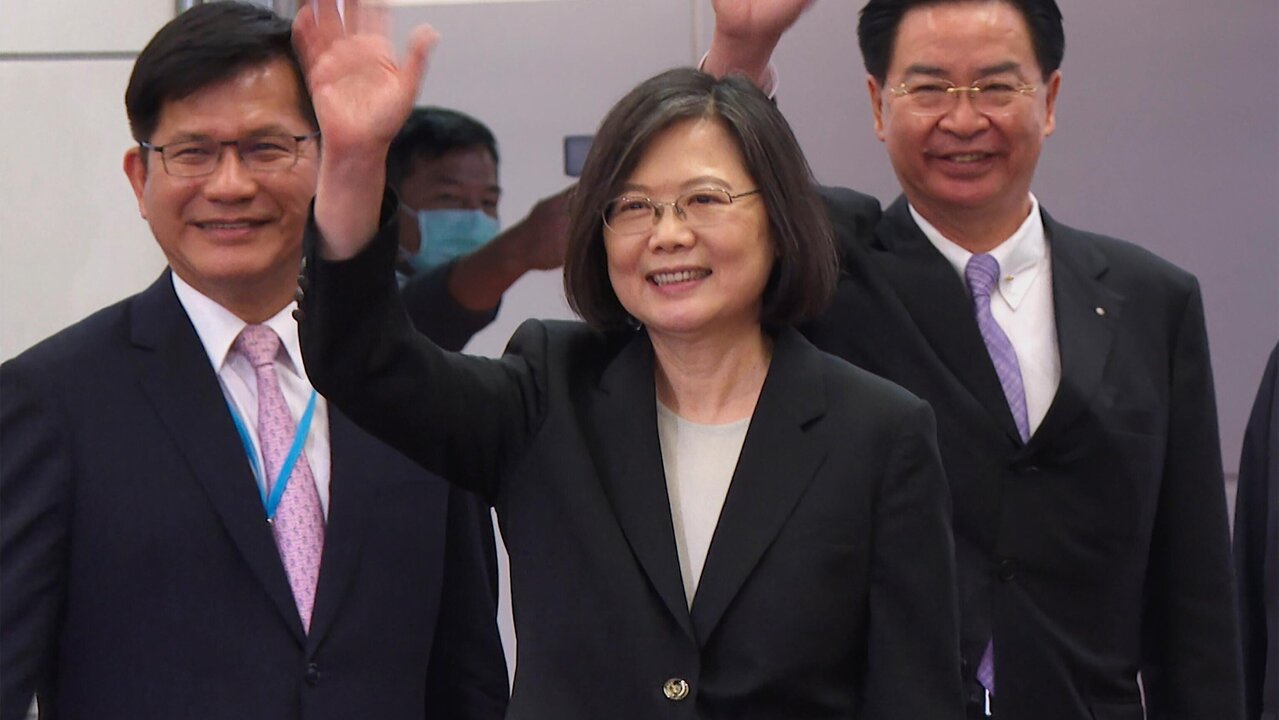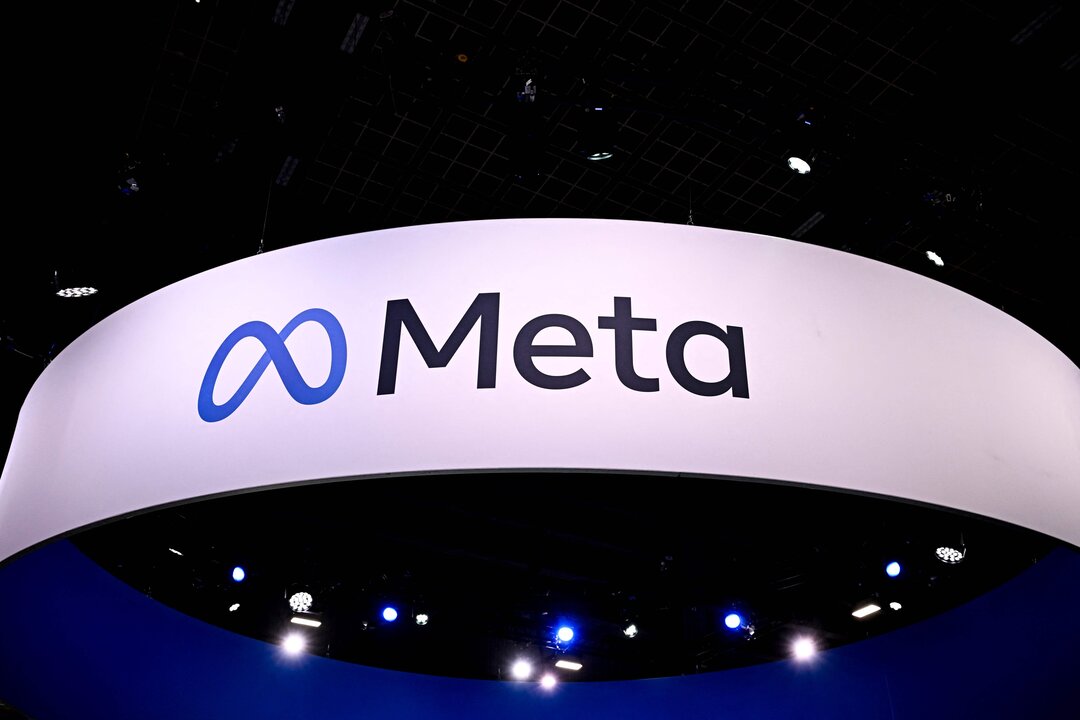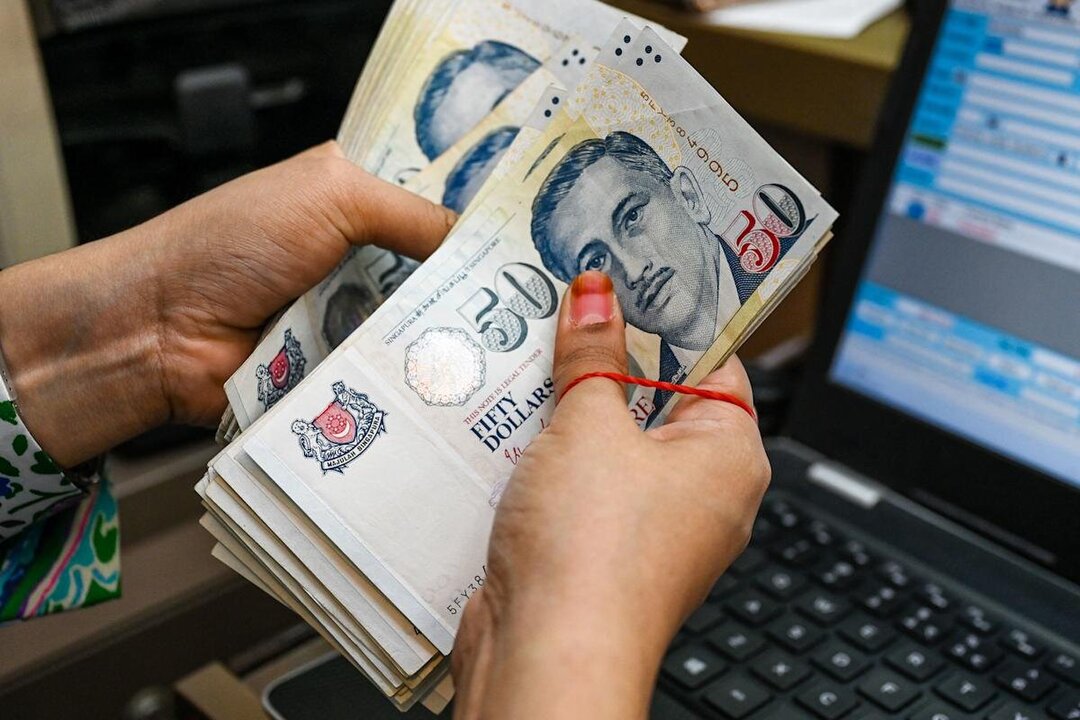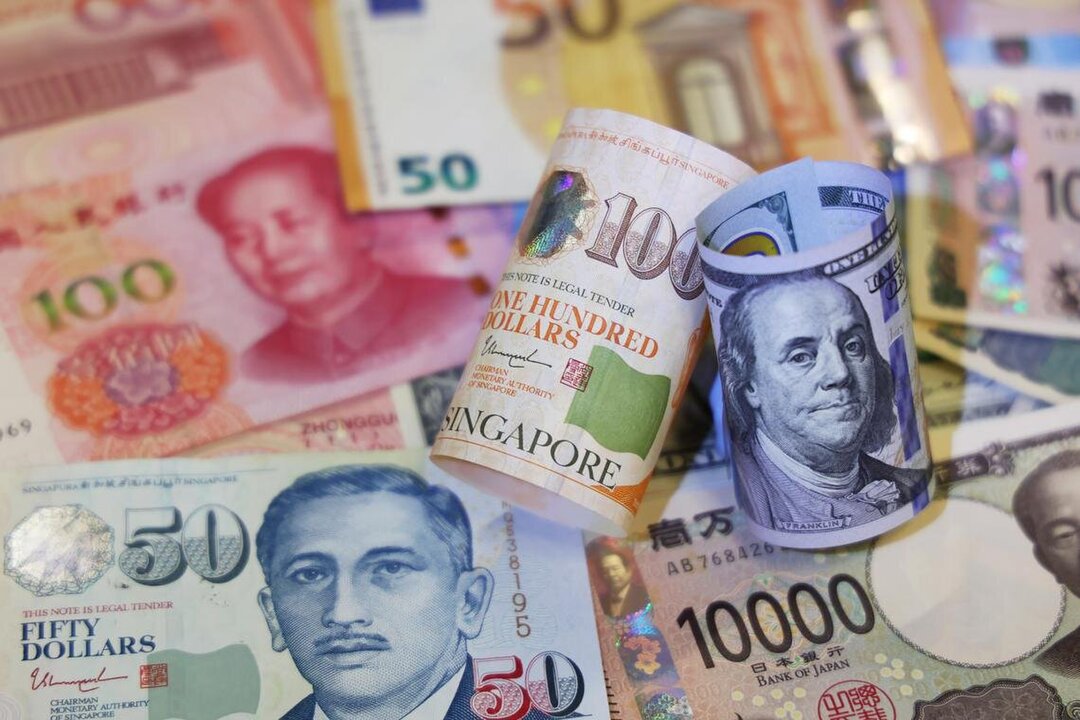
Putin and Chinese President Xi Jinping met in Beijing for bilateral talks, joined by Mongolia’s president in expressions of regional cooperation.
Putin invoked the shared history of wartime solidarity, calling it a foundation for modern strategic alignment.
Xi, calling Putin an “old friend”, emphasised the resilience of bilateral ties amid changing global dynamics and urged “major projects to drive cooperation.”
Gazprom and its Chinese counterpart, CNPC, signed the agreement in principle for the Power of Siberia-2 pipeline, projected to deliver fifty billion cubic metres of Russian natural gas per year via Mongolia, with early operations expected by the early decades of the next decade.
Until then, both parties agreed to expand existing gas supply by eight billion cubic metres annually, targeting an eventual total of fifty-six billion cubic metres.
A thirty-year supply contract will accompany the foundational deal, though key commercial specifics—such as pricing, financing mechanisms, and construction timelines—remain pending finalisation.
The announcement carries significant geopolitical weight.
It reinforces Russia’s eastward pivot amid diminished exports to Europe and highlights China’s growing influence in global energy markets.
Observers note that without pricing and delivery terms, the agreement is a statement of strategic intent rather than a fully formed contract.
Nevertheless, the agreement signals China’s readiness to deepen energy ties with Russia while managing dependencies.
The foreign dignitaries, including Russia’s Putin, further underscored the event’s global significance as leaders consolidating an alternative to the traditional Western-led order.
The presentation of mutual strength aligns with both countries’ broader ambitions to shape a multipolar global governance framework.
This sum, nearly ten times the Jakarta minimum wage, triggered mass demonstrations beginning last week in Jakarta and rapidly spreading to thirty-two of the nation’s thirty-eight provinces.
The unrest marks the most serious civil upheaval Indonesia has faced in recent memory under President Prabowo Subianto’s nearly year-old administration.
The situation turned tragic when a twenty-one-year-old motorcycle rideshare driver, Affan Kurniawan, was run over and killed by a police armoured vehicle during a clash outside parliament.
His death ignited nationwide outrage and amplified the protests, which have since led to arson attacks on police stations and government buildings.
Security forces responded with force.
Police used tear gas and rubber bullets near campuses in Bandung, drawing sharp criticism from rights groups and the United Nations for excessive tactics and reports of arbitrary detentions.
At least ten people have been killed, over twenty remain missing, and more than three thousand individuals have been arrested nationwide.
President Prabowo has taken steps to quell the unrest: he announced the suspension of the housing allowance, canceled MPs’ overseas trips, launched a transparent inquiry into Kurniawan’s death, and deployed the military to restore order.
Yet his reference to protest violence as “riots” potentially verging on “treason” drew rebuke from human rights advocates, who argue such language fails to address core grievances or uphold democratic dialogue.
Protesters have consolidated their demands under the rallying call of “17 plus 8 Demands,” pressing for urgent reforms ranging from police accountability and anti-corruption measures to social welfare improvements and institutional transparency.
Analysts warn that without delivering meaningful economic relief and structural reforms, President Prabowo’s popularity and political stability may be at stake.
The protests—rooted in economic hardship, public distrust, and perceived elitism—reflect a growing rift between Indonesia’s leadership and its citizens.
The government’s response in the coming days will shape both its domestic legitimacy and international standing.
The decision, delivered on September 2, 2025, spares Google from divesting its Chrome browser or Android operating system, while imposing targeted measures to limit anti-competitive practices.
The ruling bars Google from exclusive distribution contracts with device makers such as Apple and requires the company to share certain data and search index information with rivals.
The remedies, which remain in force for five years with a possible one-year extension, are designed to foster competition without dismantling the company.
Judge Amit P. Mehta emphasized the emergence of generative artificial intelligence tools as a factor reshaping the market, noting that new technologies are creating alternative pathways for users to access information.
Financial markets reacted positively.
Alphabet’s shares rose about seven percent in after-hours trading, while Apple’s shares gained roughly three percent.
Apple, which receives billions annually from Google to make its search engine the default on iPhones and other devices, benefited from the court’s decision to preserve existing business ties.
The ruling is considered a pragmatic approach that avoids destabilizing structural change while addressing long-standing concerns about exclusivity and data access.
However, it does not end Google’s legal challenges.
A separate antitrust case focusing on the company’s dominance in digital advertising remains ongoing, with further proceedings expected.
The outcome underscores a global debate on how best to regulate Big Tech in an era where artificial intelligence is transforming how information is searched, shared, and monetized.
A growing body of research highlights how large language models (LLMs) are being targeted in new forms of information warfare. One emerging tactic is called “LLM grooming” — the strategic seeding of large volumes of false or misleading content across the internet, with the intent of influencing the data environment that AI systems later consume.
While many of these fake websites or networks of fabricated news portals attract little human traffic, their true impact lies in their secondary audience: AI models and search engines. When LLMs unknowingly ingest this data, they can reproduce it as if it were factual, thereby amplifying disinformation through the very platforms people increasingly trust for reliable answers.
Engineering Perception Through AI
This phenomenon represents a new frontier of cognitive warfare. Instead of persuading individuals directly, malicious actors manipulate the informational “diet” of machines, knowing that the distorted outputs will eventually reach human users.
The risk extends beyond geopolitics. Corporations, marketing agencies, and even private interest groups have begun experimenting with ways to nudge AI-generated responses toward favorable narratives. This could be as subtle as shaping product recommendations, or as consequential as shifting public opinion on contentious global issues.
Not Just Adversaries — Also Built-In Bias
It is important to note that these risks do not stem only from hostile foreign campaigns. Every AI system carries the imprint of its creators. The way models are trained, fine-tuned, and “aligned” inherently embeds cultural and political assumptions. Many systems are designed to reflect what developers consider reliable or acceptable.
This means users are not only vulnerable to hostile manipulation, but also to the more subtle — and often unacknowledged — biases of the platforms themselves. These biases may lean toward Western-centric perspectives, often presented in a “friendly” or authoritative tone, which can unintentionally marginalize other worldviews. In this sense, AI is not just a mirror of the internet, but also a filter of its creators’ values.
Attack Vectors: From Prompt Injection to Jailbreaking
Beyond data poisoning, adversaries are exploiting technical weaknesses in LLMs. Two prominent techniques include:
Prompt Injection: Crafting hidden or explicit instructions that cause the model to bypass its original guardrails. For example, a model might be tricked into revealing sensitive information or executing unintended actions.
Jailbreaking: Users design clever instructions or alternative “roles” for the model, enabling it to ignore safety restrictions. Well-known cases include users creating alternate personas that willingly generate harmful or disallowed content.
These vulnerabilities are no longer hypothetical. From corporate chatbots misinforming customers about refund policies, to AI assistants being tricked into revealing confidential documents, the risks are concrete — and carry legal, financial, and reputational consequences.
When AI Itself Produces Harm
An even deeper concern is that AI is evolving from a passive amplifier of falsehoods into an active source of risk. Security researchers have documented cases where AI-generated outputs hid malicious code inside images or documents, effectively transforming generative systems into producers of malware.
This raises the stakes: organizations must now defend not only against external hackers, but also against the unintended capabilities of the tools they deploy.
The Security Industry Responds
In response, a growing ecosystem of AI security firms and research groups is emerging. Their focus is on:
Monitoring AI input and output to detect manipulative prompts.
Identifying disinformation campaigns that exploit algorithmic trust.
Running “red team” exercises, where experts deliberately attack models to expose vulnerabilities.
High-profile cases — including “zero-click” exploits that extract sensitive data from enterprise AI assistants without user interaction — have underlined that the danger is not theoretical. The arms race between attackers and defenders is already underway.
A Technological Arms Race
The broader picture is one of a technological arms race. On one side are malicious actors — state-sponsored propagandists, cybercriminals, and opportunistic marketers. On the other are AI developers, security firms, regulators, and end users who must remain vigilant.
What makes this race unique is the dual nature of AI: it is both a target for manipulation and a vector for influence. As LLMs become embedded in daily decision-making — from search results to business operations — the stakes for truth, trust, and security are rising exponentially.
The victim, identified in local media as a food vendor named Amaya, was attacked and killed before police could intervene.
Authorities condemned the act as 'jungle justice' and confirmed that an investigation is underway to arrest and prosecute those responsible.
Local media cited eyewitnesses who said that a man jokingly proposed marriage to the vendor, and her response was considered blasphemous by some bystanders.
'Unfortunately, this led to a mob attack, and she was set on fire before security reinforcements could arrive at the scene,' said state police spokesman Wasiu Abiodun.
He urged the public to remain calm and refrain from taking the law into their own hands following the killing, which occurred in the town of Kasuwan-Garba.
Such incidents are not uncommon in northern Nigeria, where blasphemy is considered a criminal offense under Sharia law, which operates alongside secular law in 12 predominantly Muslim states.
At least two other people have been killed on similar accusations in the past three years, with activists warning that not enough has been done to stop such mob killings, which have targeted both Muslims and Christians.
In 2022, student Deborah Samuel was beaten and burned alive in Sokoto State after being accused of making blasphemous remarks.
Last year, butcher Usman Buda was stoned to death in the same state under similar circumstances.
